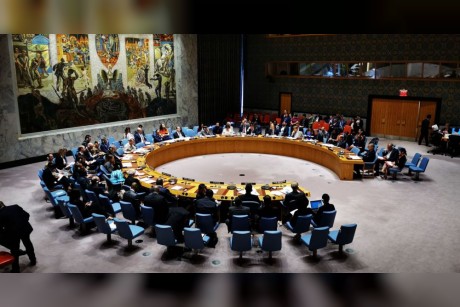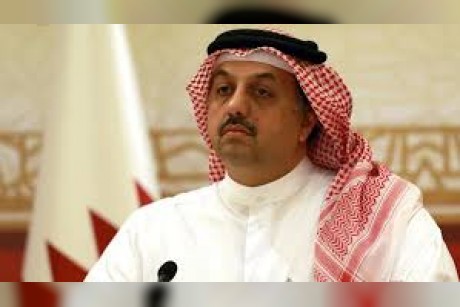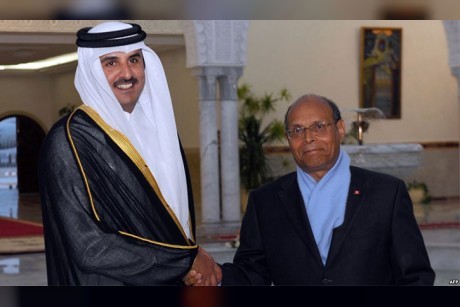Blacklisted terrorists from Al Qaeda and ISIS have been able to gain access to their bank accounts despite a UN asset freeze, according to documents reviewed by the Wall Street Journal.
The reason for this, the documents showed, are loopholes in the the current UN Security Council sanctions procedures.
Qatari financier, Khalifa Al Subaiy, is among those who have accessed their funds.
The US believes Al Subaiy to be a longtime funder of Al Qaeda’s senior leadership, including 9/11 mastermind Khalid Sheikh Mohammed.
The UN has allowed Al Subaiy to take up to $10,000 a month from frozen accounts for “basic necessities”, despite being placed on the terror blacklist in 2008.
The Security Council has approved 71 out of 72 requests, the documents show.
The revelation of Al Subaiy’s financies came from a leaked data base from the Qatar National Bank, the WSJ reported.
The bank admitted its systems had been breached by unknown hackers in 2016.
Other Gulf countries have complained that Qatar doesn’t adequately enforce U.N. sanctions and allows for terrorism financing,contributing to a bitter regional rift.
“I would be hard-pressed to find someone more prominent than him in the whole terrorism financing side,” said Hans-Jakob Schindler, a senior director at the Counter Extremism Project and former adviser to the U.N. Security Council.
Mr. Subaiy’s six-month sentence was decried by former U.S. Treasury officials for its leniency. U.S. security analysts said Qatar’s assurances that it would monitor his activities fell flat after the U.N. revelations that he had continued his activities.
Other Gulf countries have complained that Qatar doesn’t adequately enforce U.N. sanctions and allows for terrorism financing,contributing to a bitter regional rift.The U.S., however, has expressed similar concerns about some of those Gulf nations, including Saudi Arabia, Kuwait and the United Arab Emirates. Washington has also lauded Doha’s recent efforts to curb terrorism financing.
Qatar says it has enacted a series of laws over the past two decades to counter terrorism, and has touted its work with U.S. authorities, including the Treasury, State Department and the Federal Bureau of Investigation.
However, Qatar’s exemption request on behalf of Mr. Subaiy helped initiate a push to overhaul the U.N. rules, some U.N. officials said.
“Qatar has applied for an unreasonable amount of money,” said one of the people familiar with the country’s requests.
Some U.N. officials are seeking to update the relevant Security Council resolution so that targets of the sanctions can’t have access to large amounts of money, some of the people said. The resolution, 1267, was initially passed in 1999 to establish the sanctions regime against members of the Taliban. The officials are also seeking more detailed spending requests and better auditing.
While Qatar’s exemption requests for blacklisted individuals have fueled calls for an overhaul, other countries also are making extensive use of them, said several of the people familiar with the matter.
“There are serious shortcomings,” said one of the people. “In essence, virtually everyone is in violation.”
Kuwait, for example, has applied for asset-freeze exemptions for all of its nationals on the U.N. list, according to one of the people familiar with the matter. One Kuwaiti, Hajjaj Fahd Hajjaj Muhammad Shabib Al-‘Ajmi, whom the U.S. says has regularly traveled to Syria to finance al Qaeda’s operations and negotiate the installation of fellow Kuwaitis into senior positions within the terror group, holds asset-freeze exemptions.
Mr. Hajjaj couldn’t be reached to comment and Kuwait’s mission to the U.N. didn’t respond to requests for comment.



